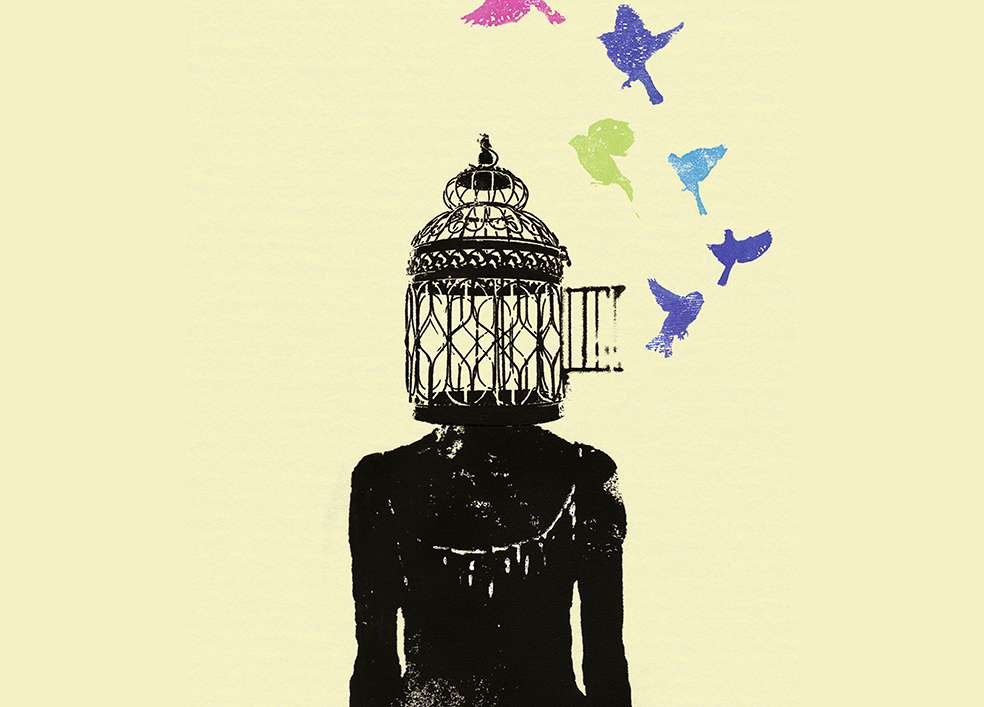How do you know if you need therapy?
Therapy is no longer a big deal – if you need it, just do it. But how do you know if you really need it? And which sort of therapy should you choose? Louise Chunn explains

What can you do if your life is making you miserable? You’ve read all the books, used the mindfulness app, talked to your friends and family… and still you feel there is something wrong. Maybe you are dealing with one of life’s derailing events – a relationship ending, redundancy, the loss of someone close to you. Or perhaps you have always felt at odds with the world and its happy-seeming people.
Perhaps you’ve tried talking with a life coach, or had some Cognitive Behavioural Therapy (CBT), through the NHS after seeing your GP. You may even have tried medication for depression or anxiety, but still you feel the need for professional help.
Deciding to seek therapy is a big step, requiring you to be open about private matters, attend appointments – even if you don’t want to – and spend a fair amount of money for the privilege. You may fear that others will see you as needy or damaged. Actually, the stigma around therapy is reducing – you’d be surprised how many friends and colleagues have already taken this step. It’s not a weakness to seek therapy; it shows you have strength to face your demons and to change.
If you’re still uncertain, ask yourself these questions:
• Do you feel that you are running into the same problems again and again?
• Do you think about past traumas for unreasonable amounts of time?
• Do you feel that your work or home life is suffering?
• Do you no longer enjoy things that once gave you pleasure?
• Do you find yourself drinking/overeating/taking drugs to feel better?
Answering ‘yes’ to a number of those questions above would indicate that counselling or therapy could help you, so what should you do next?
Taking the first step
Visit the websites of the accrediting associations, such as the UK Council for Psychotherapy or the British Association of Counselling and Psychotherapy. New website Welldoing.org asks questions to match you to the therapists most suited to your needs. Make sure whoever you see is trained and insured.
You could have initial meetings with a few professionals until you find someone you feel you can trust. Your therapist should support you in a non-judgmental way, and may also challenge your thoughts and actions. Fees can be pricey, but many therapists will agree to a reduced fee if clients cannot afford it.
Illustration: Katie Edwards/Corbis








